Attractive factory product vivid live animal Diprotodon model for sale
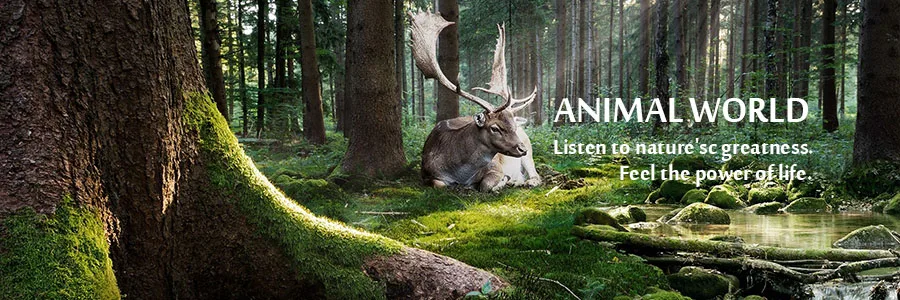

MORE INFORMATION
| Input | AC 110/220V ,50-60HZ |
| Plug | Euro plug / British Standard / SAA / C-UL / or depends on request |
| Control mode | Automatic / Infrared / remote / coin / Button / Voice / Touch / Temperature / shooting etc. |
| Waterproofing grade | IP66 |
| Working condition | Sunshine, rain, seaside, 0~50℃(32℉~82℉) |
| Optional function | Sound can be increased to 128 kinds Smoke,/ water. / bleed / smell / change color / change lights / LED screen etc interactive(Location tracking) / conversine(currently only Chinese) |
AFTER-SALE SERVICE
| Service | Need be cut for shipping,fwill provide a detailed installation manual. |
| Warranty | We provide 2 years warranty for all of our antrimatronic models, the warranty pieriod starts from freight arrives at destination port. Our warranty covers motor, reducer, control box, etc. |
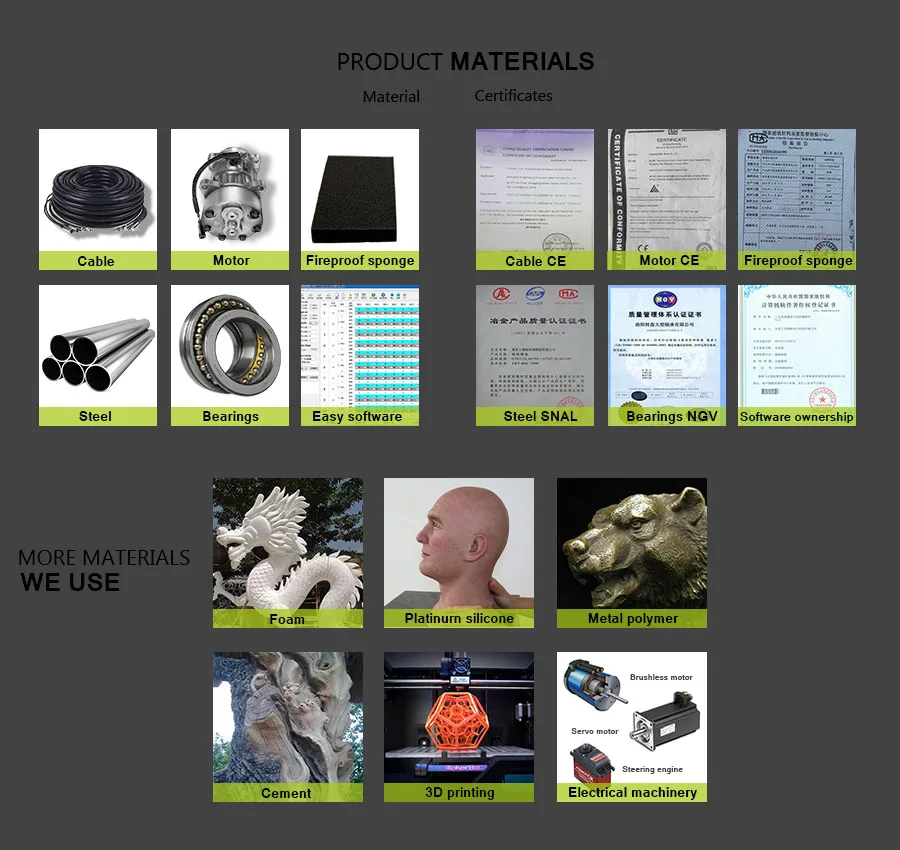
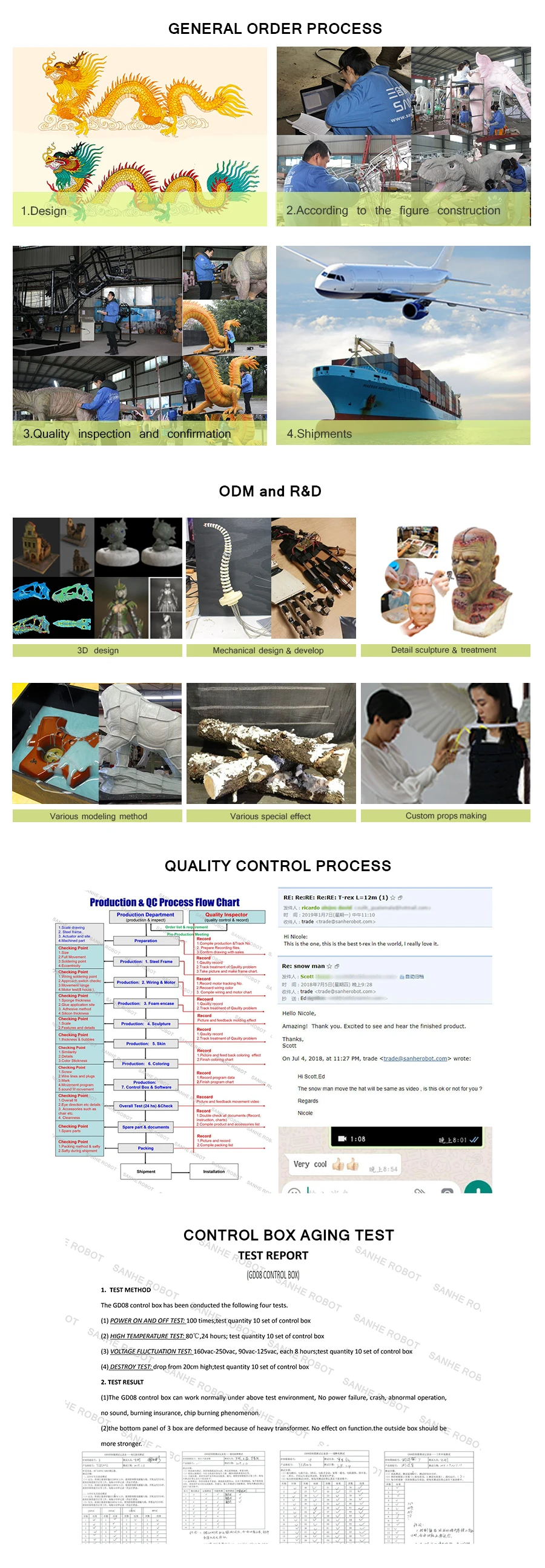

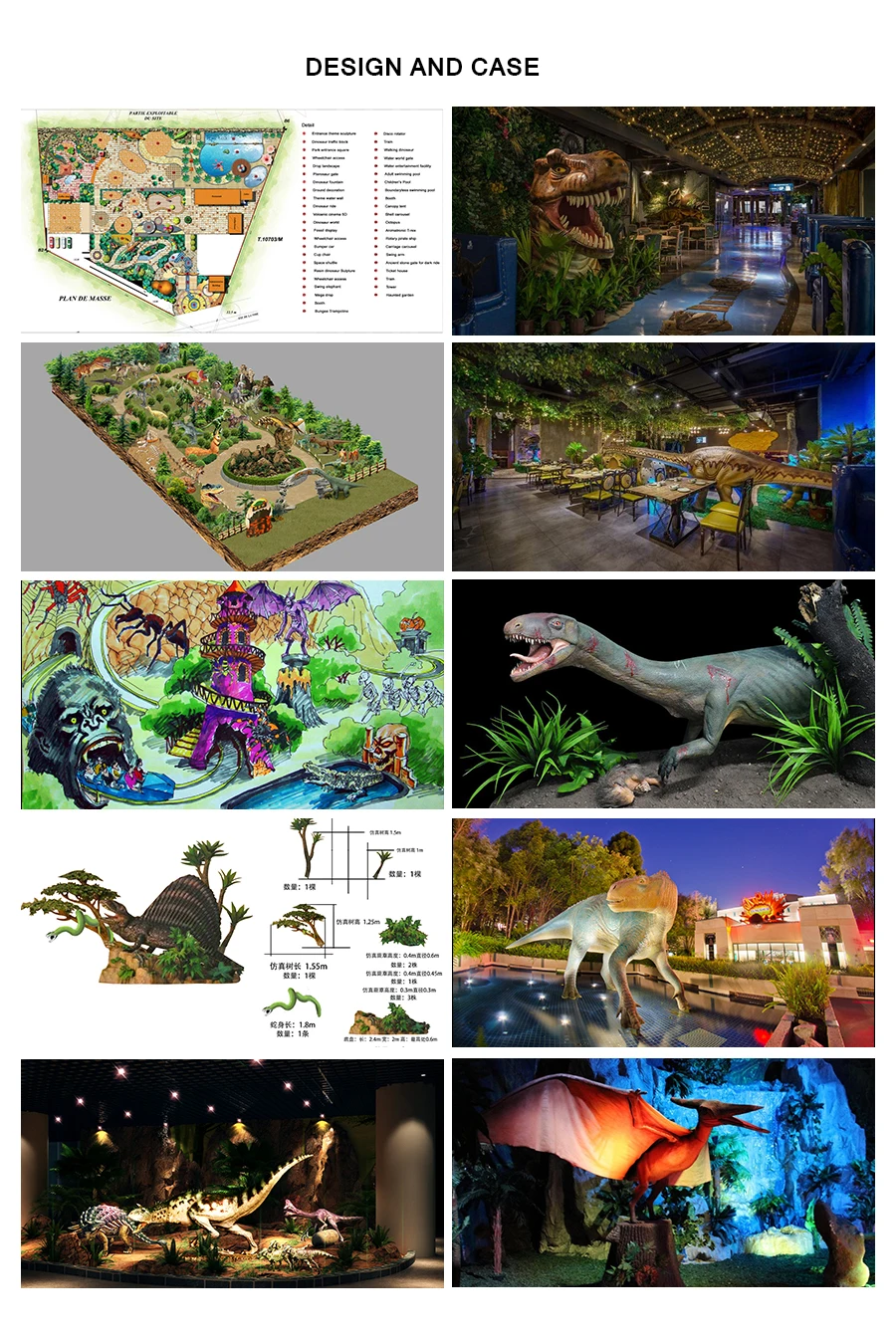


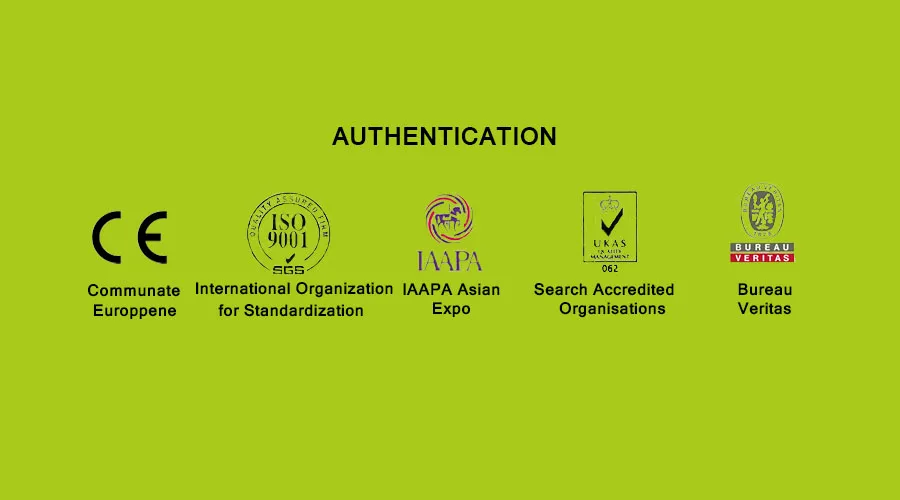 Robotic animal realistic animal Mechanical animal
silicone animal statue playground animal statue life-size robotic animals park animal statues animal model life-size animatronic animal life size animal sculptures for playground lifelike artificial animals electric animatronic animals life size artificial animal life size animal decoration life size resin animals animatronic prehistoric animals simulation robot animals theme park robotic animal animal model for park
Diprotodon is an extinct genus of large marsupials native to Australia from the Pleistocene epoch. It is considered one of Australia's core species of "megafauna", which ranged throughout the continent during the Pleistocene. The genus is currently considered monotypic, containing only Diprotodon optatum, the largest known marsupial to have ever existed. The word diprotodon is constructed from the Ancient Greek words for 'two forward teeth'. Diprotodon existed from about 1.6 million years ago until extinction some 44,000 years ago.
Diprotodon species fossils have been found in sites across mainland Australia,including complete skulls, skeletons, and foot impressions.[better source needed] The largest specimens were hippopotamus-sized: about 3 m (9.8 ft) from nose to tail, standing 2 m (6.6 ft) tall at the shoulder and weighing about 2,790 kg (6,150 lb). Diprotodons may have been depicted on Aboriginal rock art images in Quinkan traditional country (Queensland, Australia). Diprotodon became extinct sometime after 44,000 years ago, after the initial settlement of the continent; the role of human and climatic factors in its extinction are uncertain and contested.
Diprotodon is a member of the extinct family Diprotodontidae. The closest surviving relatives of Diprotodon are the wombats and the koala, and so Diprotodon have sometimes been referred to as "giant wombats" in the popular press. Diprotodonts are suggested to have inspired legends of the bunyip, as some Aboriginal tribes identify Diprotodon bones as those of "bunyips
The first recorded Diprotodon remains were discovered in a cave near Wellington, New South Wales, in the early 1830s by bushman George Ranken and Major Thomas Mitchell; the latter sent them to England for study by Sir Richard Owen. In the 1840s, Ludwig Leichhardt discovered many Diprotodon bones eroding from the banks of creeks in the Darling Downs of Queensland, and when reporting the find to Owen, commented that the remains were so well preserved, he expected to find living examples in the then-unexplored central regions of Australia.
Robotic animal realistic animal Mechanical animal
silicone animal statue playground animal statue life-size robotic animals park animal statues animal model life-size animatronic animal life size animal sculptures for playground lifelike artificial animals electric animatronic animals life size artificial animal life size animal decoration life size resin animals animatronic prehistoric animals simulation robot animals theme park robotic animal animal model for park
Diprotodon is an extinct genus of large marsupials native to Australia from the Pleistocene epoch. It is considered one of Australia's core species of "megafauna", which ranged throughout the continent during the Pleistocene. The genus is currently considered monotypic, containing only Diprotodon optatum, the largest known marsupial to have ever existed. The word diprotodon is constructed from the Ancient Greek words for 'two forward teeth'. Diprotodon existed from about 1.6 million years ago until extinction some 44,000 years ago.
Diprotodon species fossils have been found in sites across mainland Australia,including complete skulls, skeletons, and foot impressions.[better source needed] The largest specimens were hippopotamus-sized: about 3 m (9.8 ft) from nose to tail, standing 2 m (6.6 ft) tall at the shoulder and weighing about 2,790 kg (6,150 lb). Diprotodons may have been depicted on Aboriginal rock art images in Quinkan traditional country (Queensland, Australia). Diprotodon became extinct sometime after 44,000 years ago, after the initial settlement of the continent; the role of human and climatic factors in its extinction are uncertain and contested.
Diprotodon is a member of the extinct family Diprotodontidae. The closest surviving relatives of Diprotodon are the wombats and the koala, and so Diprotodon have sometimes been referred to as "giant wombats" in the popular press. Diprotodonts are suggested to have inspired legends of the bunyip, as some Aboriginal tribes identify Diprotodon bones as those of "bunyips
The first recorded Diprotodon remains were discovered in a cave near Wellington, New South Wales, in the early 1830s by bushman George Ranken and Major Thomas Mitchell; the latter sent them to England for study by Sir Richard Owen. In the 1840s, Ludwig Leichhardt discovered many Diprotodon bones eroding from the banks of creeks in the Darling Downs of Queensland, and when reporting the find to Owen, commented that the remains were so well preserved, he expected to find living examples in the then-unexplored central regions of Australia.

+86-813-2104677

info@sanherobot.com

+86-13990010824

No.13 Huixin Road, Yantan Town, Yantan District, Zigong City, Sichuan Province, China